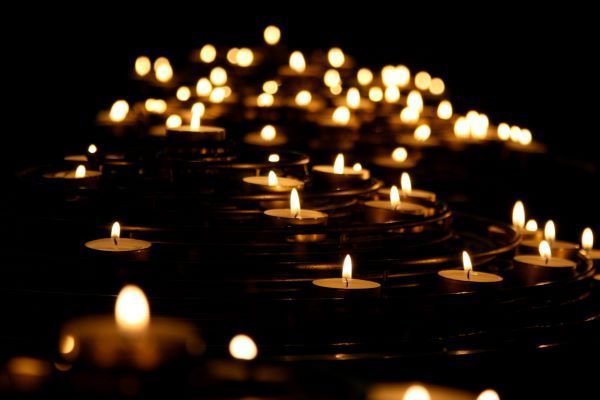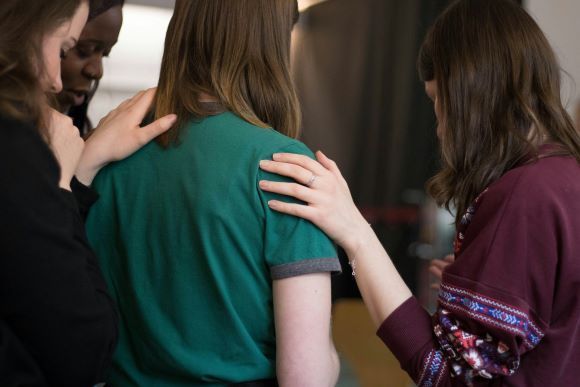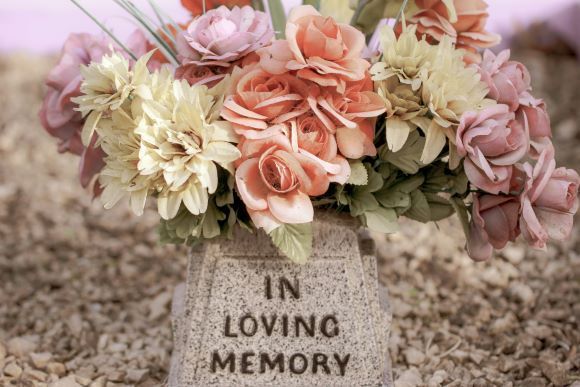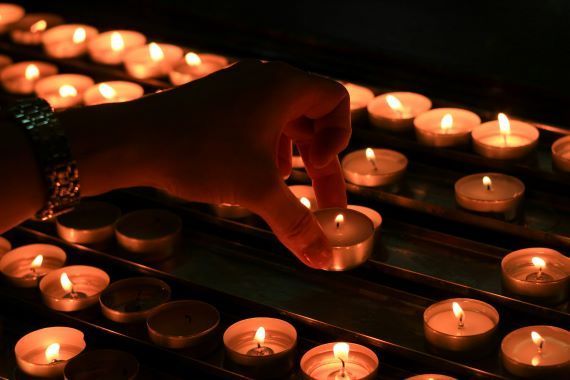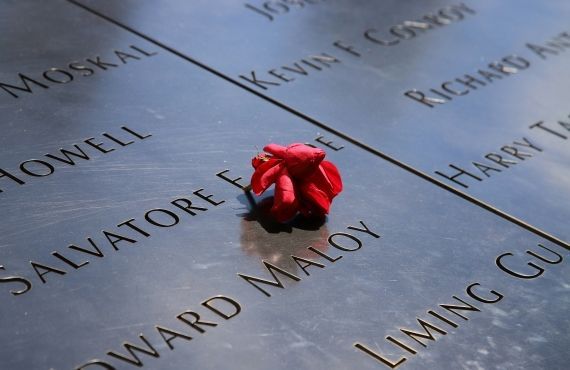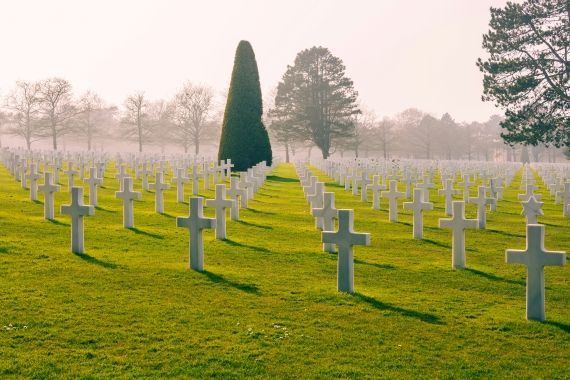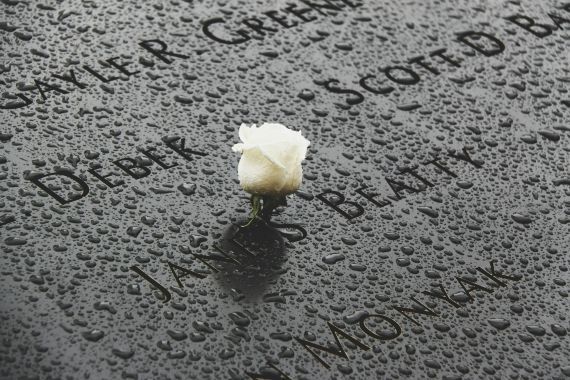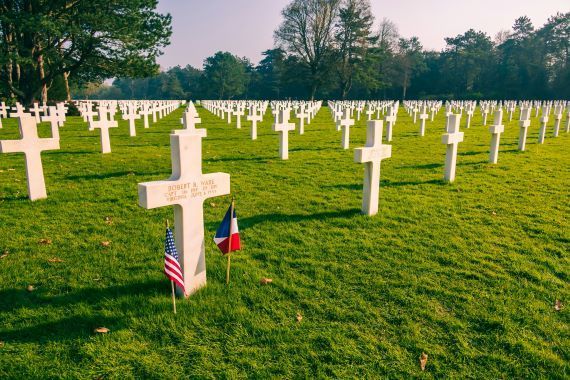163 Main St.
Pennsburg, PA 18073
Fax: 215-679-5782
Common Questions About the Cremation Process
Explore common questions about the cremation process, from its reasons to its acceptance in various religions. Trust Falk Funeral Homes Inc., Bethlehem, PA.

Though common, the cremation process can be shrouded in mystery and often prompts many questions. As we delve into this topic, our conversation will circle the work of funeral homes, particularly funeral homes in Bethlehem, PA, which handle the crucial task of navigating these waters with dignity and respect.
Why Do People Want To Be Cremated?
The decision to choose cremation over traditional burial varies from person to person. Some may prefer it for environmental reasons, considering it a greener option than burial. For others, it may be a matter of convenience, cost-effectiveness, or a preference to have their remains in a portable format that allows loved ones to keep them close or scatter them in a meaningful location.
How Does A Crematorium Work?
In simple terms, a crematorium uses high heat to reduce a body to its essential elements, primarily bone fragments. The process occurs in a cremation chamber or retort, a specially designed furnace to withstand intense heat.
How Long Does It Take To Cremate A Body?
Typically, the cremation process takes between 2-3 hours. However, the actual duration can vary based on factors such as the size of the body and the specific cremation equipment used.
What's The Temperature During Cremation?
The heat during the cremation process can range between 1400 to 1800 degrees Fahrenheit. This high temperature ensures the body's complete combustion, leaving only bone fragments behind.
What Are The Basic Options For Final Disposition?
There are several options for the final disposition of cremated remains. They can be stored in an urn or other container at home, scattered in a particular place, buried in a cemetery, or placed in a columbarium niche.
Do You Want To Have A Gathering With A Viewing Of The Body?
Many funeral homes in Bethlehem, PA, like others, offer families the opportunity to have a viewing or visitation before cremation. It can provide closure and help with the grieving process. However, this choice ultimately depends on the family's preference and cultural or religious beliefs.
Do Cremated Ashes Look Like Ash?
Contrary to popular belief, cremated remains don't resemble ash from a fire. Instead, they are more akin to coarse sand or gravel, whitish to light grey.
Is Embalming Required For Cremation?
While embalming may be necessary if the family wishes to have a public viewing or visitation before cremation, it's not a mandatory part of the cremation process.
How Much Does A Cremation Cost?
The cost of cremation varies widely, depending on factors such as location, the choice of urn, and any services included, like a memorial or viewing. When considering different providers, it's essential to ask for a detailed price list.
Is A Casket Required For Cremation?
No, a casket is not required for cremation. However, a combustible, leak-proof container, often made of cardboard or wood, is typically used.
Which Religions Permit Cremation?
Many religions permit cremation, including Protestant and Catholic Christianity, Buddhism, and Hinduism. However, it is forbidden in some religions, such as Orthodox Judaism and Islam.
Must I Hire A Funeral Director?
While hiring a funeral director's not a legal requirement in every jurisdiction, doing so can provide invaluable assistance. A funeral director can help navigate the complex logistics and paperwork involved in the cremation process.
How Can I Tell If I Am Getting A Reputable Firm To Handle The Cremation?
Check for licenses, read reviews, and ask for referrals. Also, ensure that the firm provides clear pricing information and will answer all your questions transparently.
Do All Religions Accept Cremation?
While many religions accept cremation, not all do. Some Orthodox Jewish sects, Traditional Islam, and a few Christian denominations discourage or prohibit cremation. Always check with your religious leader if you are unsure.
When considering cremation and funeral homes, choose a trusted provider that respects and honors your wishes. Falk Funeral Homes & Crematory Inc., a reputable funeral home in Bethlehem, PA, offers compassionate, professional services to help guide you through this challenging time.

